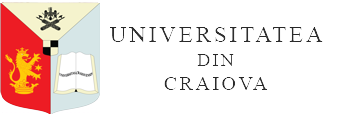THE WHEAT PLANT IDEOTYPE AND ITS SPECIFIC MORPHOLOGICAL AND PHYSIOLOGICAL TRAITS - A BRIEF OVERVIEW
DOI:
https://doi.org/10.52846/aamc.v53i1.1441Abstract
In cereals breeding, alongside selection for yield and other features, a valuable additional approach is the breeding of crop ideotypes, plants with certain model characteristics which influence photosynthesis, growth and grain production. In literature, the ideotype concept generally refers to the breeding process, but this does not have to be an exhaustive notion, because is important to seeking the best crop phenotype to grow in specific environments, with defined cropping systems and for intended end uses. These brief overviews present some recent results regarding the wheat plant ideotype and its specific morphological and physiological characteristics. The variability of growing conditions and climate changes trend require the development of wheat cultivars that can adapt efficiently to the available water, withstand increased temperatures and maintain a relatively high yield at the same time. Ideotype breeding is a continuous process because ideotypes are developed to meet the changing needs. Integrating of plant ideotype approach within wheat breeding strategies can lead to create more productive and resilient cultivars that are well adapted to specific pedoclimatic conditions.


